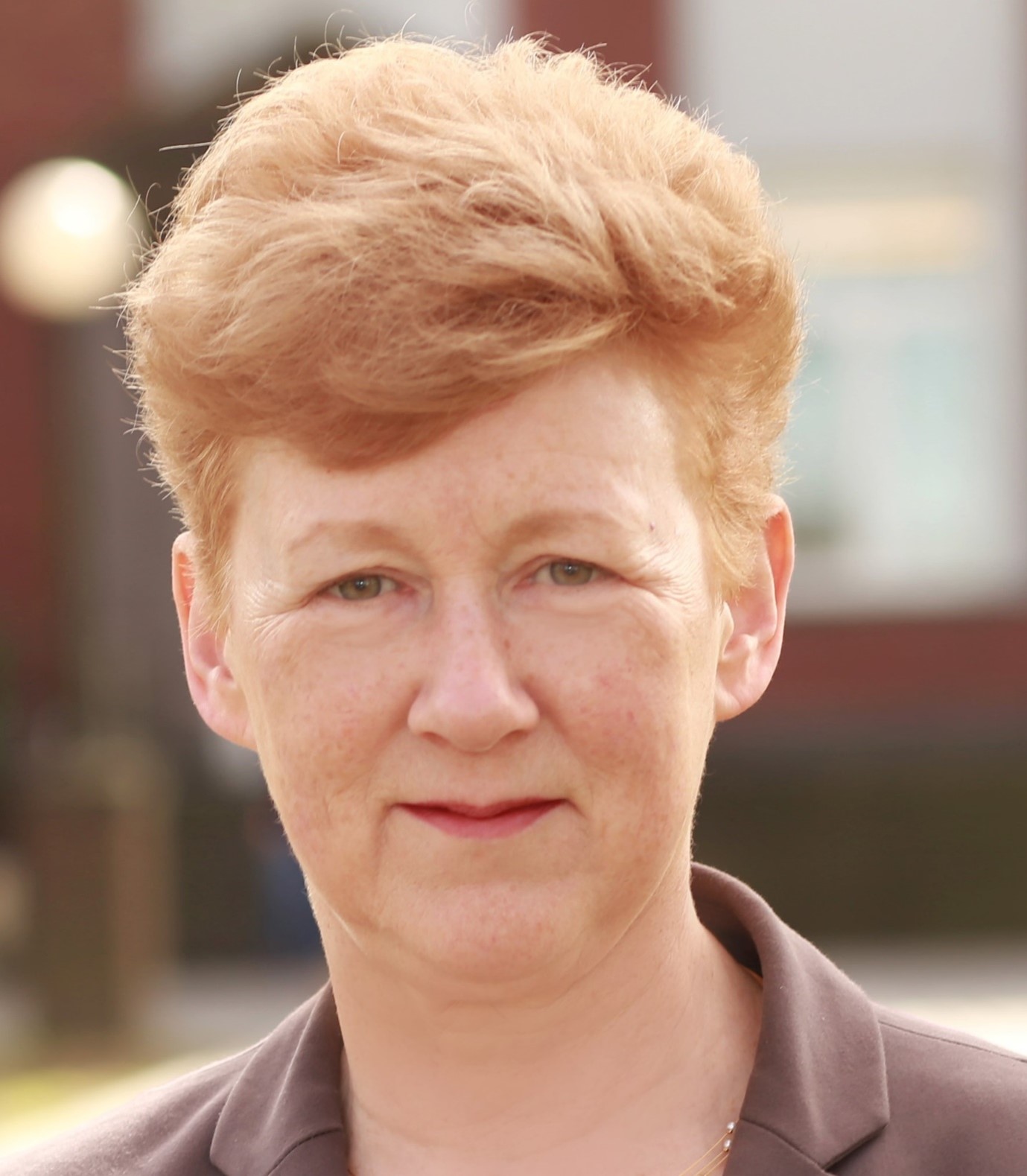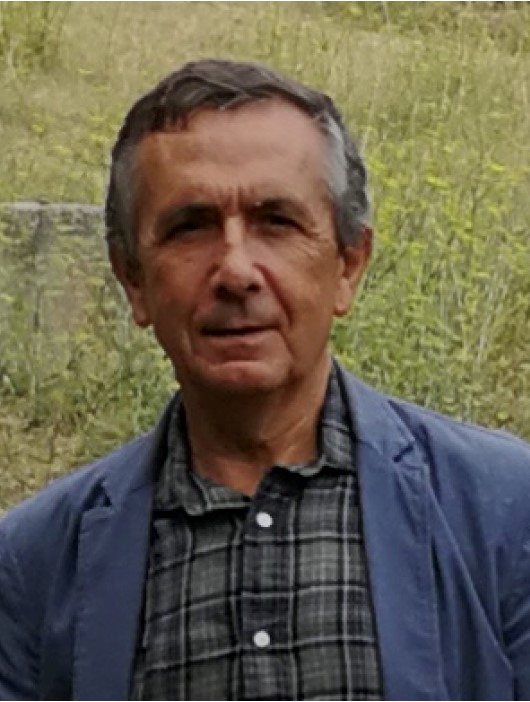18th European Dependable Computing Conference
12-15 September 2022
Zaragoza, Spain
Keynotes
- Sept. 13, 2022: Fiona Williams, Ericsson - slides
- Sept. 14, 2022: Alfons Crespo, Universitat Politecnica de Valencia (UPV) - slides
No single point of failure: Taking an aerospace design mentality for OT security
Stephen Fisher Davies
Cyber Security Researcher at the Airbus Cyber Innovation and Scouting team
Tuesday, Sept. 13, 2022
In this talk, I will discuss the issues posed by externally accessible operational technology (OT) and the interconnectivity of devices which run critical national infrastructures (CNI). OT and CNI systems previously protected through air gaps and obscurity are now connected to the internet and bolted into IT infrastructure, thereby have a more complex and accessible attack surface. Increasingly sophisticated attacks are now being focused at these systems, as such we need to innovate new methods of protecting these systems against attacks. Many systems cannot easily be upgraded to a modern, supported alternative. Here we will discuss the rising issue of attacks focused on programmable logic controllers, Industrial IOT (IIOT) and the infrastructure which depends on their use. Removing existing single points of failure is one way to improve the dependability of ICS and Industry 4.0, working within the operational constraints of these systems.

Powering our digital lives with 5G
Fiona Williams
Ericsson
Tuesday, Sept. 13, 2022
LTE and 5G are enabling and supporting the transformation of energy systems as they strive to increase sustainability. Digitalisation and communication are leading to an increasingly connected world while AI techniques are optimizing operations. Innovations in power system services, measurement devices, architectures and legal structures place demanding requirements on the reliability, availability and performance of the communications networks supporting them. Innovations in LTE, 5G and concepts for 6G, are addressing these challenging requirements with new products and services being deployed in the field and tested in field and laboratory trials. They are leading to a new range of sustainable and local energy options for both large and small consumers, producers, and prosumers of energy as the energy landscape transforms. This presentation offers insight into these innovations and how they contribute to sustainable energy systems.

Hypervisor-based Architecture for Mixed-Criticality Systems Design and Development
Alfons Crespo
Universitat Politecnica de Valencia (UPV)
Wednesday, Sept. 14, 2022
The combination of functions with different levels of time requirements in cyber-physical systems (CPS) has always been a concern and a relevant area of research that has generated a large number of theoretical and practical contributions in the implementation of embedded systems. The term mixed-criticality systems (MCS) including functions to be performed with different levels of criticality in the same system has encompassed this series of works. On the other hand, the evolution of processors, especially multicore systems, has made it possible to integrate under the same hardware platform a set of applications of different timing requirements/criticality with the consequent reduction of energy consumption, wiring, weight, etc. In this vision of a single platform running applications of different levels of criticality, hypervisors for critical embedded systems play a key role. The ability to prevent applications from propagating faults and to isolate them spatially and temporally provides very solid elements for the design, development, validation and certification of applications independently. The objective of this keynote is to show the fundamentals and the use of hypervisors for the design and development of embedded systems with enhanced utilization of processor architectures and with important advantages for application development and certification.

Workshop Keynotes - Monday Sept 12, 2022
Towards Cyber Resilient Autonomous Vehicle Ecosystems: Pitfalls and Enablers
Paulo Esteves-Veríssimo
KAUST, CEMSE, RC3 (Resilient Computing and Cybersecurity Center), KSA
Monday Sept. 12, 2022 - h. 9:30 - 10:30 @ CARS 2022
Currently, there is a substantial push towards autonomous systems in the market. Whilst cooperative autonomous systems, such as vehicles, have been using extensive fault-tolerance e.g., in x-by-wire functions, and are quite safe from an accidental faults perspective, they present a considerable threat surface to malicious faults activating defects almost impossible to reach accidentally. This pitfall has been very slowly recognized by car makers. We will discuss this threat surface in an analysis including the whole ecosystem, from in-car systems and networks, roadside infrastructures, to V2V and V2I communication networks, as a first step towards solutions. The consequences of such attacks are likely to be severe, in particular because autonomous systems have kinetic behavior and many operate in close proximity to humans, and can thus cause physical damage, life-threatening included. For these reasons, we elect cyber resilience as an enabler of sustainable secure, safe and real-time operation of next-generation architectures for autonomous cooperative systems, in particular automotive. Briefly, resilient computing techniques draw from the fusion between dependability, security and AI/ML: understanding the need to automatically and simultaneously fight against cyber-attacks, accidental faults, design errors, and unexpected operating conditions; learn and adapt to uncertain situations, whilst maintaining an acceptable degree of predictability. The ultimate goal of resilience is providing unattended and sustainable operation even in the presence of extremely adverse and/or unexpected situations. This talk will discuss how the incorporation of resilience techniques can bring autonomous vehicle ecosystems to the desired level of safety and security, in an incremental, dynamic, and adaptive way. Finally, we will discuss a quite important pitfall originating from the use of inappropriate AI/ML techniques in certain autonomous vehicles, which have been the cause of serious accidents. We suggest paths to address this serious problem.

Reconfigurable logic for automotive edge computing: from promises to dependability assessment challenges
Juan-Carlos Ruiz-Garcia
Dept. DISCA, UPV, Spain
Monday Sept. 12, 2022 - h. 14:30 - 15:30 @ CARS 2022
Reconfigurable logic devices have provided means to meet the requirements of evolution existing in parts of modern automotive embedded HW systems. The combination of hard (fast) and reconfigurable (flexible) logic, leads the promise of automotive-graded HW platforms enabling manufacturers to tailor accelerators to specific applications and models. In such a way, HW platforms can be customized attending to the needs of each embedded subsystem to provide higher levels of performance at lower levels of power consumption, and (re-)adjust parts of the logic attending to the set of safety requirements under consideration, existing threats, and their evolution along the time. Despite the high potential of this technology to produce more sophisticated automotive systems, its practical exploitation poses serious doubts in part due to the many challenges that must be addressed when assessing the robustness of the hardware running in the system reconfigurable logic. Although the ISO 26262 standard recommends the use of experimental fault injection for this type of assessment, the spatial and temporal complexity of the logic implementation and the various fault models to consider leads to very long injection campaigns that are unaffordable in practice. One solution is to decrease the level of detail of implementations and inject faults on high-level logic models. Another possibility consists in reducing the number of faults to inject to decrease the experimental time. Both solutions are largely used in the domain, but one must be aware about the existing implications on accuracy and representativity of results. This keynote speech explores this problem, identifying the challenges existing when dealing with experimental fault injection on reconfigurable logic and proposing some solutions to make this type of dependability assessment feasible.

Artificial intelligence, case of the railway sector: state of play and perspectives
Christian Chavanel
KUIC, Paris, France
Monday Sept. 12, 2022 - h. 9:20 - 10:05 @ AI2RAILS 2022
The keynote describes the state of play and the perspectives for the implementation of AI in the European railway sector as perceived by the International Union of Railways (UIC). It will consider the European policy context of the railway sector in relation to AI (Sustainable and smart mobility strategy, strategy on AI and data), and the cost leadership strategy of the railway companies in relation to increasing competition. The speech will then describe how AI technologies are currently deployed in the railway sector and how they should be in the future, with examples concerning face recognition in the fight against terrorism, chatbots and virtual assistants for passengers, predictive maintenance, and other real-case scenarios.

Electrification, AI and the Future of Engineering Education
Carlos Sanchis
MathWorks
Monday Sept. 12, 2022 - h. 14:00 - 14:45 @ AI2RAILS 2022
The electrification megatrend is driving the replacement of less efficient technologies and helping us achieve a more sustainable future. With the switch to power electronics, batteries, and electric machines of all sizes, it has become commonplace to deploy more and more embedded devices to control them. At the same time, with more access to data and computing power than ever before, machine learning is providing us with new ways to develop algorithms. When combined with ever more electronic, more programmable machines, we are facing the opportunity and the challenge to build increasingly autonomous systems. How can engineers architect such complex systems, iterate quickly, and validate their designs along the way? For many companies across industries, from renewable energies to mechatronics or transportation, the answer is Model-Based Design. In this presentation, we will look at how they are leveraging MATLAB®, Simulink® and domain-specific tools to model multidomain systems, validate their behavior, and deploy code for them. With such convergence of mechanics, electronics, and software, how must the skills of future engineers evolve? We will share examples of how leading universities around the world are adapting their curricula to include more active learning with professional tools to help their students gain interdisciplinary skills and systems thinking.

A Perspective on Three Decades of Software Robustness Assessment
Nuno Laranjeiro
University of Coimbra, Portugal
Monday Sept. 12, 2022 - h. 11:00 - 12:30 @ SERENE 2022
Robustness is the degree to which a certain system or component can operate correctly in the presence of invalid inputs or stressful environmental conditions. With the increasing complexity and widespread use of computer systems, obtaining assurances regarding their robustness has become of vital importance. This talk discusses the state of the art on software robustness assessment, with emphasis on key aspects like types of systems being evaluated, assessment techniques used, the target of the techniques, the types of faults used, and how system behavior is classified. Gaps and open challenges related with robustness assessment are also presented. The talk concludes with a detailed view of the application of robustness testing techniques to REST services.
